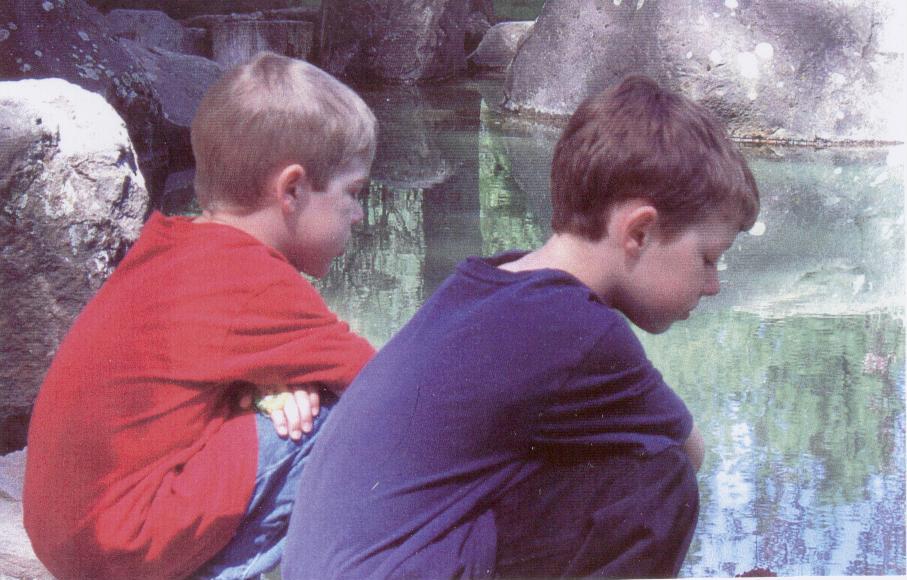“The Lord appeared to
me from afar, saying, ‘I have loved you with an everlasting love; Therefore I have
drawn you with lovingkindness.’”
 |
| From the motion picture Blue Like Jazz |
This is the third time I have tried
to write a blog about a very popular idea making the rounds in Christian circles.
You can find it in books like Red Letter
Revolution: What If Jesus Really Meant What He Said? and Blue Like Jazz, and hear it preached vociferously
from lots of pulpits like it was, in fact, revolutionary. Actually, it’s not a
new idea, but one that comes around every twenty or thirty years. The last time I
remember it gaining this kind of traction was about thirty years ago, the last time
Tony Campolo (co-author of Red Letter
Revolution) was making the rounds with a previous generation and Ron Sider,
the author of Rich Christians in an Age
of Hunger.
The idea is this: People find Christ and Christianity unattractive because Christians are so mean, and if we
were more kind and less hypocritical, people would like us and they would like
God.
I was all grumbly after my second
aborted attempt at this subject. “Really,” my husband suggested gently, “it
wouldn’t hurt if Christians were nicer.” Aaargh! “But it isn’t about niceness,”
I insisted. He shrugged. “Just sayin’,” says he, “it wouldn’t hurt.” Really,
that’s hard to argue with. Most of the Christians I know are extremely kind,
generous, hospitable, open-minded, loving, and all those good things. But there
are many people in the world, and throughout history, who have had an opposite experience to
mine. Of course, it wouldn’t hurt for more of us to be nicer – of course it
wouldn’t.
A day later came this verse from
Jeremiah (31:3): “I have loved you with an everlasting love; Therefore I have
drawn you with lovingkindness.” BAM! I don’t
even know where I saw it – in a card, a devotional, Facebook? All I know is I
said, “It isn’t about kindness.” Then there was God, saying kindness is exactly what it’s about.
So yes, Christians should be kind,
because we are God’s children and being kind reflects His character. In fact, I
would go so far as to say if we find ourselves being consistently unkind, we
need to re-examine whether or not we really believe what we say we believe. But
we cannot, for one moment, entertain the notion that our kindness will save
people, or change the essential truths of their existence, or even draw them to
Christ. Your kindness may draw people to you,
it may make them think you are a different kind of Christian than they have met before. But this isn’t even close to giving people what they need, and even
if it was, as we used to say on the playground, “Close only counts in horseshoes
and hand grenades.”
No matter how kind, how generous, how
open-minded, how cool or progressive or poverty-commune-living or hard-liquor-sipping
or coffee-in-church-drinkin’ we may be; no matter how high that “non-hypocritical
Christian” pedestal is that people may place us on – unlike God, we cannot maintain
it. Inevitably, we will topple from the pedestal, and the fall will be great. At
that point, it will have been better if they had never believed we were kind at
all.
It isn’t our job to shore up
Christianity’s reputation. Our job is to be children of God, to never forget
what He has done for us, and sometimes, His grace will spill over from us to
others. What has He done? How did He “draw us with his lovingkindess?” Jesus
told us in John 12:32, “And I, if I am lifted up…will draw all peoples to
Myself.” This is kindness: that God wrapped himself in fragile flesh and became
the only person on the planet who, unlike the rest of us, didn’t have it comin’.
Then, He willingly took on death to save us from every evil thing that we are. Through
His birth, death, and resurrection, He did the only really kind thing anyone on
this planet has ever done.
If we want to show people kindness,
we will show them Christmas. We will show them Christ.














